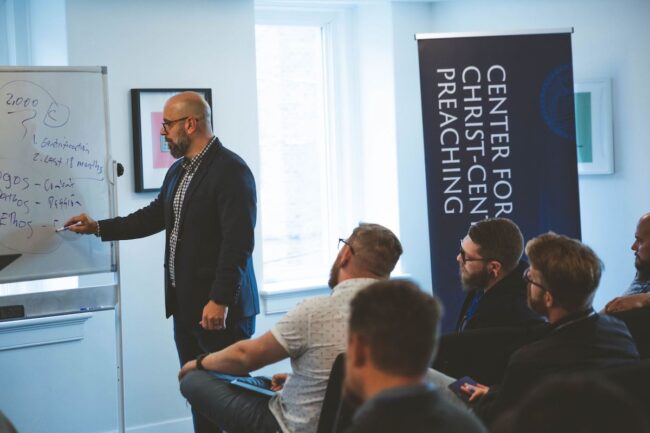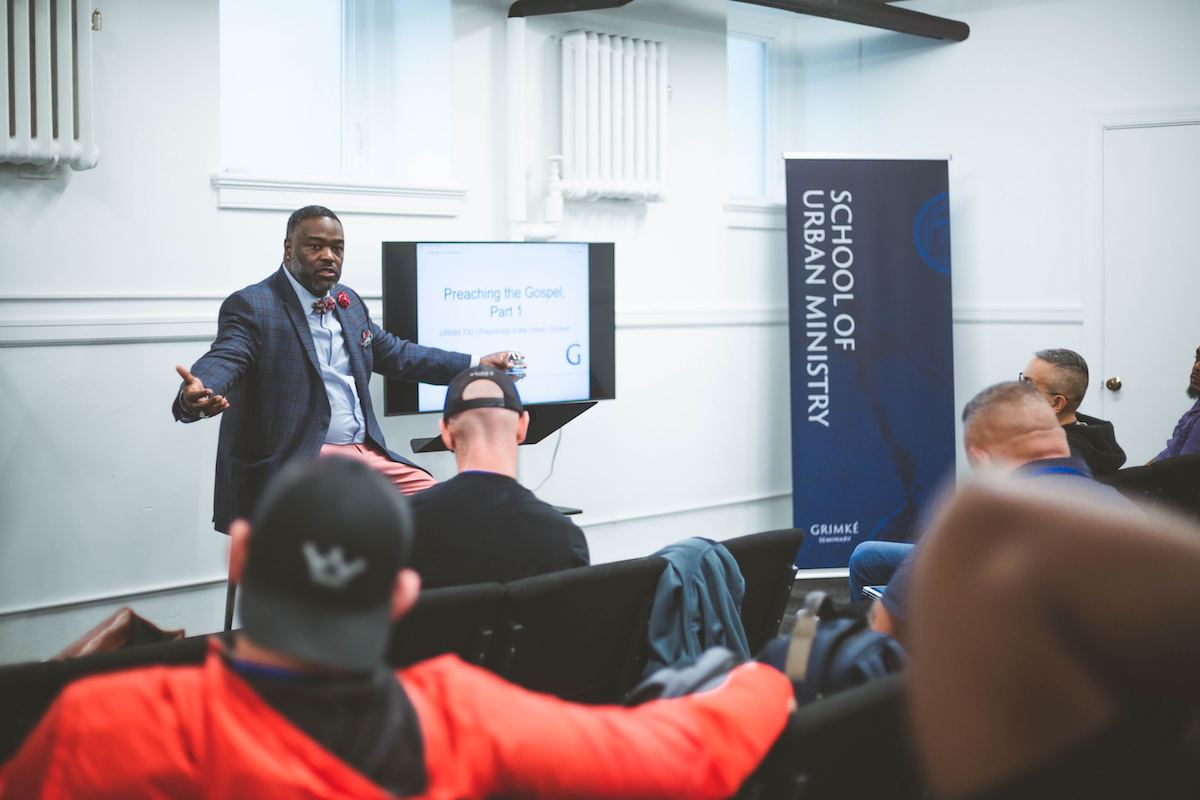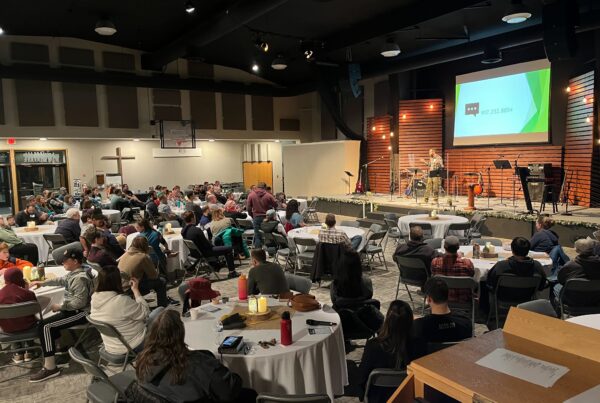Any successful plan to get in shape includes exercise. If you want to get fit, you get a gym membership and go at it. Exercising on your own can produce results, but enlisting the help of a personal trainer will significantly increase your success. The results are better; the impact greater. Anyone serious about achieving their fitness goals will optimize training for maximum effectiveness.
Utilization of training is vital, yet churches often fail to prioritize proper equipping of pastors and launch unqualified men to lead new churches. Likewise, many aspiring church planters see theological education as more hassle than helpful. They believe that with enough talent and hustle, they don’t need theological training. And a culture (yes, even church culture) that foolishly elevates charisma over qualifications feeds this deeply flawed narrative.
C.S. Lewis says, “The task of the modern educator is not to cut down jungles, but to irrigate deserts.” Theological education is critical to fill church planters with the necessary foundations for effective ministry. Moving forward, we must help pastors see that a commitment to theological education is vital for long-term, fruitful ministry.
A Serious Business
Bringing the gospel of Jesus Christ to the lost is serious business. Planting churches to make disciples of neighbors and nations requires more than a magnetic personality and an impressive social media presence. Our mission demands no less than a fierce commitment to vigorous theological training. We want to plant Bible-preaching churches led by pastors thoroughly equipped to send them into their communities to declare and display God’s glory.
In this Christianity Today article, a seminary student writes, “Seminary has long been understood as a means to becoming a pastor. I’m now an MDiv—and the expectation is that once you get the MDiv, you get the job. Well, as it turns out, evangelical churches care a lot less about step one these days, so aspiring pastors are being told that seminary is unnecessary, even a very bad idea.” Planting churches to make disciples of neighbors and nations requires more than a magnetic personality and an impressive social media presence. Condividi il Tweet
A failure to value the hard work required to be qualified to plant and lead healthy, multiplying churches has catastrophic consequences for mission. Theological training for church planters isn’t optional; it’s essential. Is it costly? Yes. Is it time-consuming? Of course. Is it worth it? Absolutely.
A New Kind of Seminary
I have the honor of serving as president of Grimké Seminary. Grimké is the official training partner of Acts 29, bound together by our shared commitment to planting churches, developing pastors, and Christo-centric theology. We train pastors and planters in the church, by the church, and for the church. Making disciples of all nations means making disciples in all neighborhoods. That’s why Grimké Seminary strives to be an affordable, accessible, and achievable option for aspiring pastors of all contexts. Condividi il Tweet
Many traditional seminaries are doing good work, and we praise God for them. We at Acts 29 and Grimké operate from an abundance, not a scarcity, mindset. There’s room for us all. But these more traditional schools aren’t a viable option for many aspiring ministers—especially pastors from poor or ethnically diverse contexts.
As demographics are shifting in the US to become more racially diverse, we must consider how to equip pastors for this emerging mission field. Making disciples of all nations means making disciples in all neighborhoods. That’s why Grimké Seminary strives to be an affordable, accessible, and achievable option for aspiring pastors of all contexts.
In The Urban Face of Mission, Edna C. Greenway writes, “When all is said and done, it takes a group of devoted people who are future-minded and dare to take risks, to see God’s will in preparing men and women to bring the gospel to the cities of the world.” In this generation, I believe we need people who are devoted, people who are looking ahead with a future vision, and people who are willing to take risks to progress the mission of Christ.
 Our goal at Grimké is not to perfect seminary education, but to master pastoral training. We’re all about optimization. We want to be more effective in training pastors and planters to reach their communities with the gospel. Success for us means more disciples made through the local churches of our students. We want to train the best pastors, not make the best seminary students. A 4.0 seminary graduate isn’t necessarily a 4.0 pastor.
Our goal at Grimké is not to perfect seminary education, but to master pastoral training. We’re all about optimization. We want to be more effective in training pastors and planters to reach their communities with the gospel. Success for us means more disciples made through the local churches of our students. We want to train the best pastors, not make the best seminary students. A 4.0 seminary graduate isn’t necessarily a 4.0 pastor.
A Renewed Vision
The vision for robust theological training to prepare ministers is an old one that deserves new life. The Apostle Paul’s strategy to equip the church in Asia was to teach the Bible every day for two years in the hall of Tyrannus (Acts 19:9–10). Charles Spurgeon never earned a university or seminary degree, but his esteem for proper pastoral training is evidenced by The Pastors’ College—the school he started to theologically train aspiring pastors. Theological training for church planters isn’t optional; it’s essential. Condividi il Tweet
We must optimize the training and equipping of pastors while making theological education personal and applicable in their contexts. Pastors must think critically about theology and its practice. We want to be the best disciple-makers in our churches and neighborhoods, at our places of employment, schools, gyms, and anywhere else God places us. We value our mission so much that we eagerly and creatively seek theological training for our context. Why give anything less in preparing to plant and lead Christ’s church for Christ’s glory?
Enough with this nonsense about seminaries being auxiliary instead of necessary. Let’s expect more from churches and church leaders. Demand maximum effectiveness through optimized training. Champion theological education by enrolling, supporting, and scholarshiping.
May God give us a renewed vision for training the next generation of pastors and planters. May he give us faithful shepherds to raise up congregations that enter into the dark places of their communities to shine the light of the gospel.










